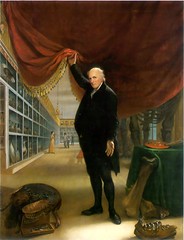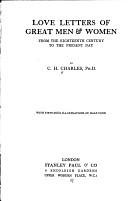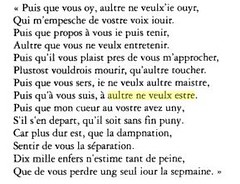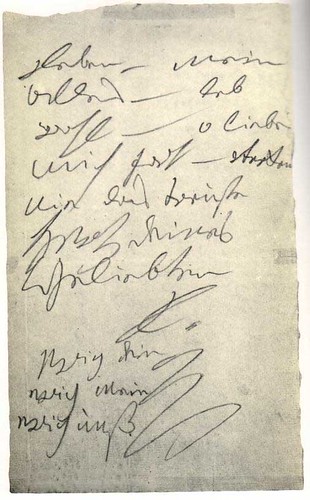[Youtube=http://www.youtube.com/watch?v=1si3JxfYuBA]
Symmetrics (music credits anyone? Possibly Ravi Shankar?)
I don’t think I’ve mentioned American experimental filmmaker Stan Vanderbeek (1927 – 1984) on this blog. Today, I found his Symmetrics[1] of 1972 on YouTube. Vanderbeek is one of those artists I discovered in the post-internet days. Before the advent of YouTube this usually meant reading about him only, apart from the occasional still one might find on the net, such as this[2] very nice one.
Actually seeing Vanderbeek’s output on YouTube has proven to be very rewarding, especially after my disappointment in seeing much-read-about works Wavelength[3] by Michael Snow (born 1929) and that other overrated “structural film” Serene Velocity[4] by Ernie Gehr (born 1943).
These two last ones are deadly serious and devoid of any sense of humor; works such as Achooo Mr. Kerrooschev (1960) [5] by Vanderbeek are anything but that.
Click the numbers to see, hear.
If you like the work of Vanderbeek, you may also enjoy Len Lye.



















